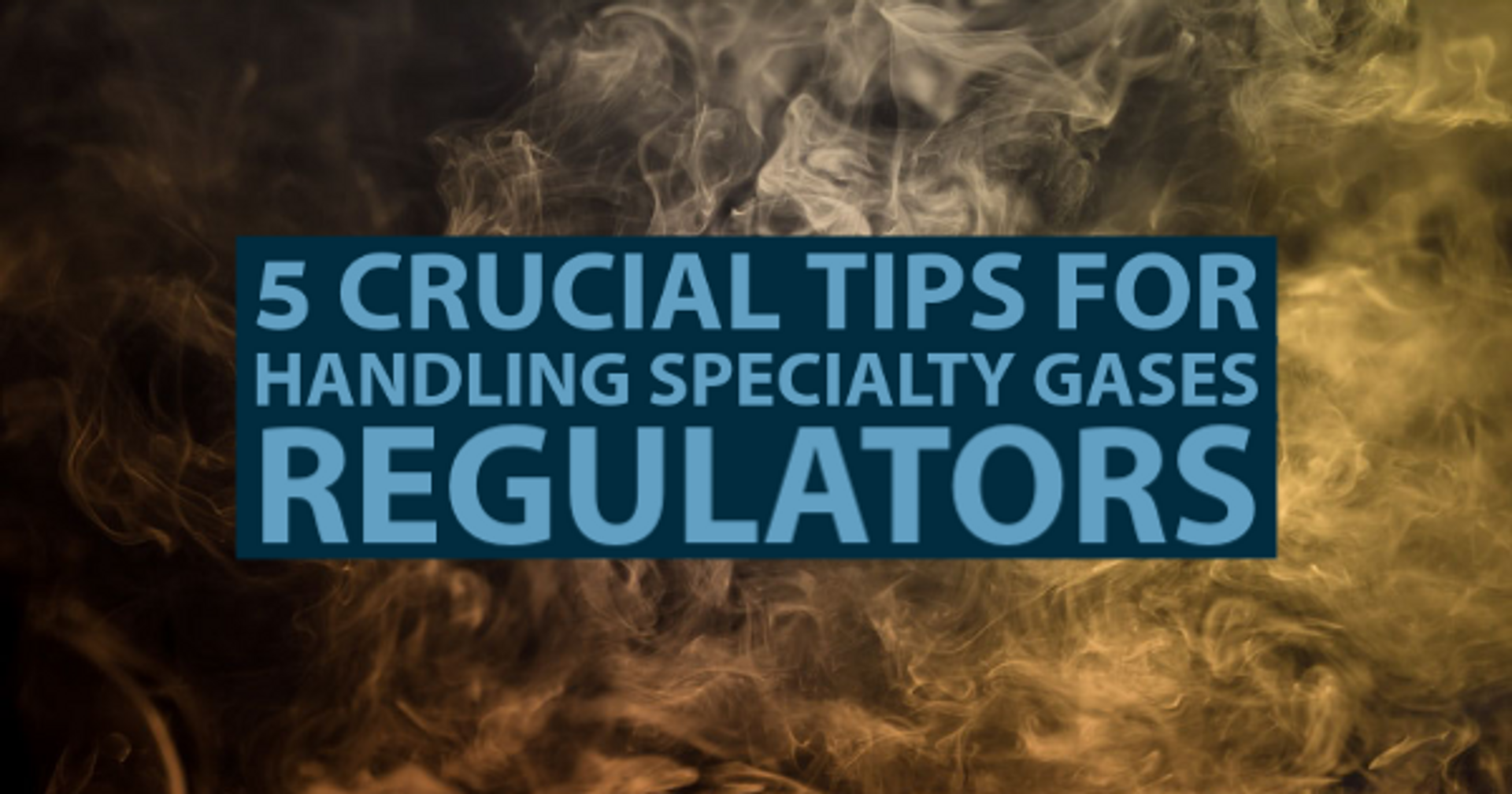5 Crucial Tips for Handling Specialty Gases Regulators
Specialty gases refer to a wide range of gases that provide calibration gas for various uses. These gases have standard handling procedures that need strict adherence. Specialty gases have high pressure that makes them difficult to use. This abnormality calls for the use of gas regulators to reduce pressure for safe handling.
Irregularities witnessed while handling specialty gases are down to unwanted impurities. These impurities are mostly a result of lousy gas regulator handling habits. Below are critical things to look out for in specialty gas regulators.
Need for Regular Replacement
While the quality of high purity gas regulators is undisputed, they will need regular replacements. The frequent changes aim to ensure optimum performance. Experts in the field suggest that specialty gas regulators should serve a maximum of five years. This lifetime, however, applies when all other handling procedures have been implemented.
In cases where the necessary handling procedures have been ignored, the lifetime will be shorter. Additionally, violent gases drastically reduce the life of a gas regulator. On the flip side, regulators whose media is nitrogen calibration gas can make it past the five-year mark.
One Regulator for One Gas
Although there is the urge to minimize costs, specialty and natural gas mixes are not the right fields for that. A regulator has to be assigned to a particular type of gas to maintain its effectiveness.
Most residual gases are likely to remain within the regulator for a long time. Unless these gases are thoroughly cleaned out, there will be a problem. Trouble arises when the residual gases become incompatible with the newest entry.
The antagonism between the two gases creates impurities which lower the purity rating of your gas. In extreme cases, a combination of flammable and oxidizing gases can lead to a fatal explosion.
The best way out of all these troubles is by assigning one regulator to specific calibration gas. A second calibration gas cylinder of a different type has to be accompanied by its regulator.
Compatibility between the Regulator and Gas
One of the biggest undoing in handling specialty gas regulators is the compatibility between the two. Specialty gases come in various forms, and so do the regulators. Some of the gases are likely to erode the regulators. Whether there will be corrosion or not will depend on the material used to make the regulators.
The purity ratings of your gas can nose dive whenever there are compatibility issues. The best way to avoid this nullification is by picking the right regulator for your gas. Additionally, these same regulators are prone to premature failure due to corrosion issues. High purity gas regulators should be compatible and non-corrosive.
Whenever there is a compatibility issue, components inside the regulators are likely to malfunction. A malfunctioning regulator can easily lead to toxic gas leaks and fatal explosions in extreme cases.
The Design Matters Too
Although there is no direct relationship between physical appearance and performance, this time around, you will have to be careful. In the case of specialty gas regulators, system design is of great value.
Choosing the right design for your calibration gas cylinders will reduce the risk of contamination. Most of the impurities find their way into your calibration gas due to errors in the overall design.
Clean Up
The atmosphere is rich in substances, most of which are unwanted in the gas systems. Anytime you change a calibration gas cylinder, foreign materials find their way in, and this is unavoidable. You are, however, required to clean up the system regularly to get rid of the unwanted stuff.
The cleanup exercise is done through a process known as purging. Here, all impurities are driven out before the system is contaminated. This exercise has to be a routine to maintain custom calibration gas standards.
Interchange of gas cylinders has to be done within the shortest time possible. This technique minimizes the load of atmospheric impurities entering your gas systems.
Final Word
Specialty gases have standard safety precautions that every user must follow. Take time when receiving calibration gas cylinders and inspect for any leaks. The whole system will also need regular checkups as a safety precaution measure. Contact us for more on specialty gases and their respective regulators.

